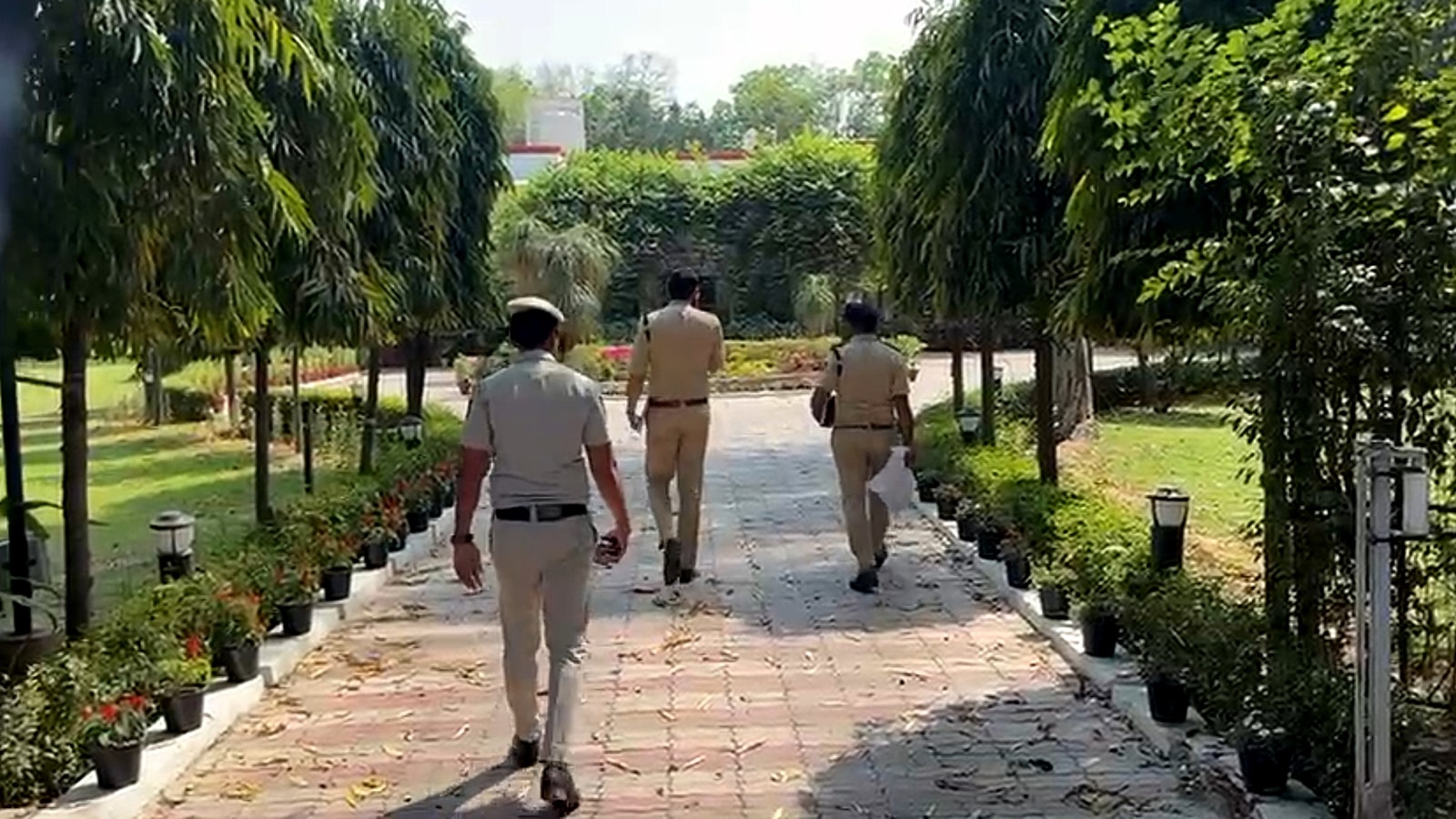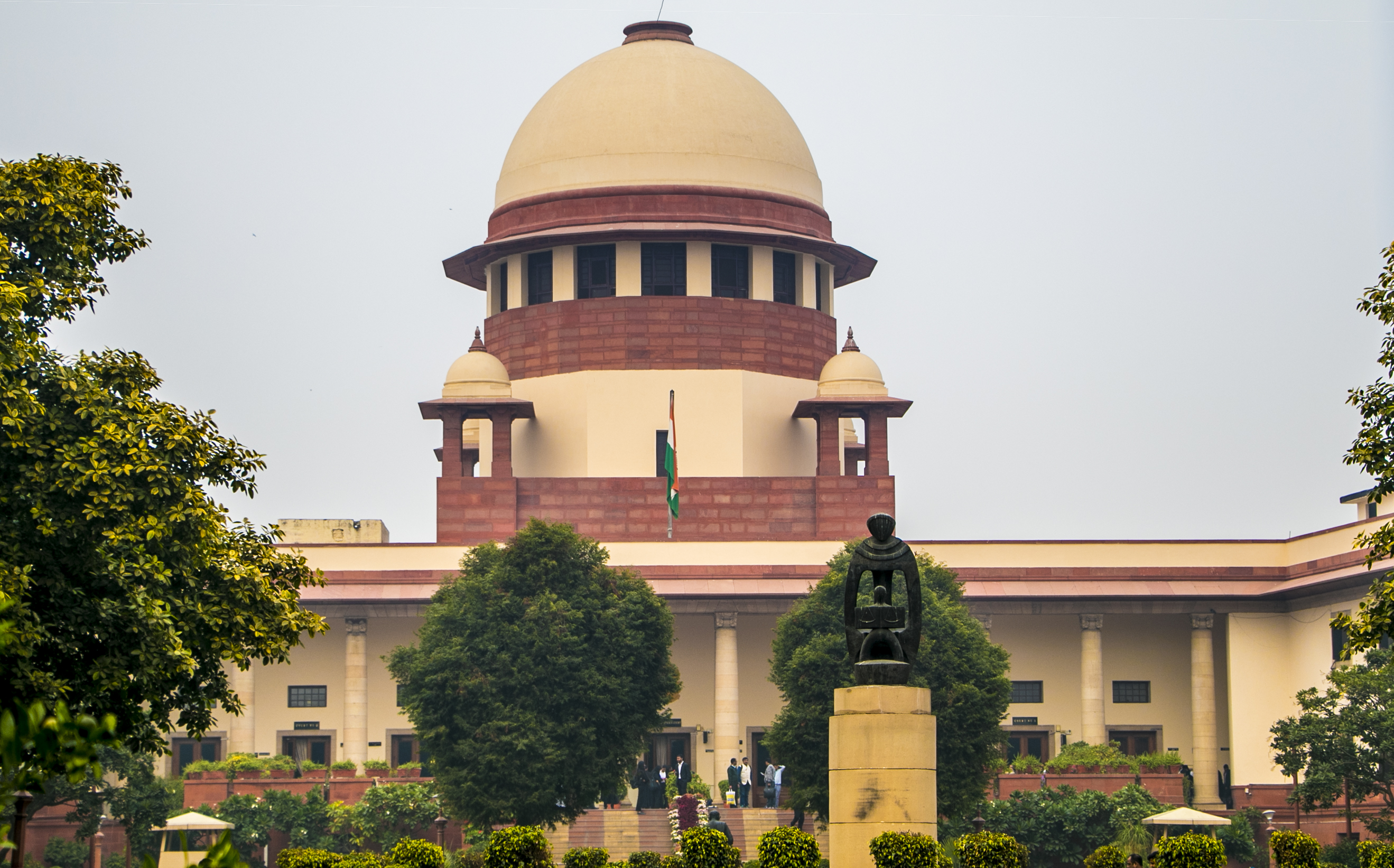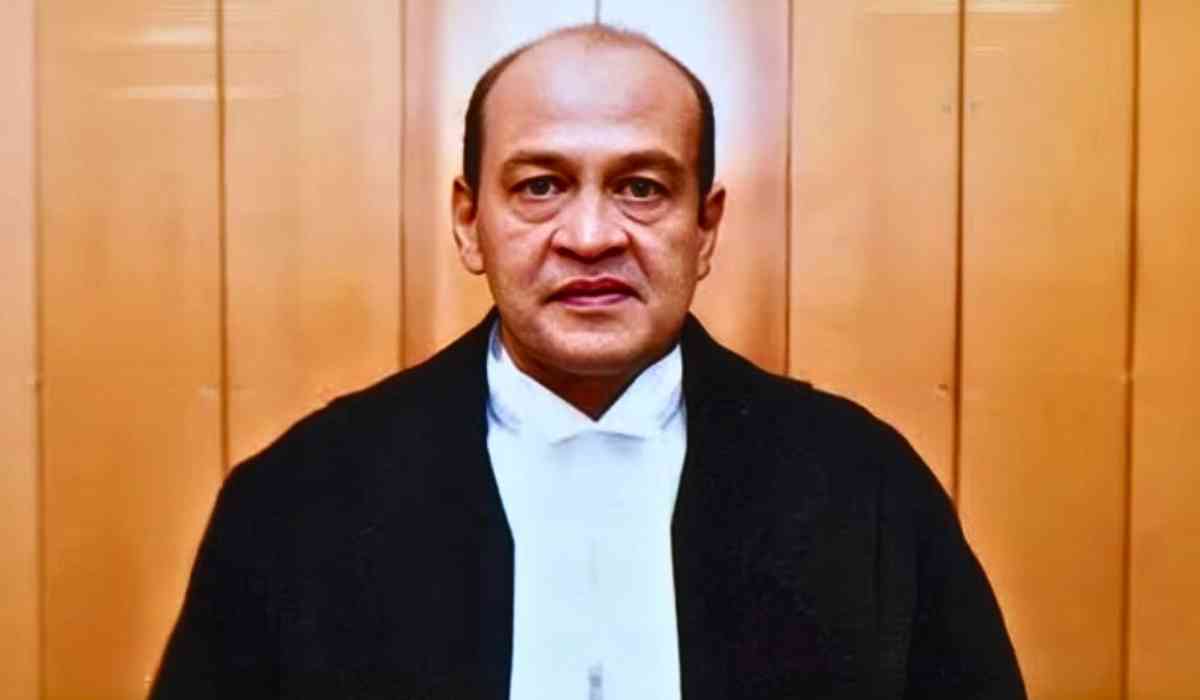In a significant legal development, the Delhi Police inspected the residence of Justice Yashwant Varma following allegations of a cash stash discovered during a fire incident at his home. This inspection has drawn considerable public attention and led to the Supreme Court agreeing to hear a petition for the registration of a First Information Report (FIR) against him.

Background of the Incident
On March 14, 2025, a fire broke out at Justice Varma's official residence located at 30 Tughlak Crescent in New Delhi. During the aftermath, authorities reportedly found four to five semi-burnt sacks filled with Indian currency notes. This shocking discovery raised suspicions and prompted an investigation into the source of the cash. Justice Varma, who was in Madhya Pradesh at the time of the incident, has vehemently denied any wrongdoing, asserting that neither he nor his family members placed any cash in the storeroom where the money was found.
Police Investigation
The police team, led by Deputy Commissioner of Police (DCP) Devesh Mahla, visited Justice Varma's residence on March 26. Their goal was to gather evidence and question staff and security personnel present during the fire incident. The team spent about two hours at the location, analyzing CCTV footage and recording videos of the scene. They also interviewed family members and staff, including Justice Varma's personal assistant, who made the initial emergency call.
As part of their investigation, police seized mobile phones from eight officers who responded to the fire. These phones will undergo forensic examination to determine if any relevant videos were recorded during their visit to the scene. The police have preserved the site of the incident for further analysis.

Supreme Court Involvement
The Supreme Court's involvement adds another layer to this unfolding story. A petition seeking an FIR against Justice Varma was filed, and while initially denied an urgent hearing, it has now been scheduled for review. The Chief Justice of India (CJI), Sanjiv Khanna, indicated that this case is of public interest and warranted judicial scrutiny.
Legal experts have raised concerns about accountability within the judiciary following these allegations. Senior advocate Indira Jaising has called for transparency regarding the amount of cash recovered from Justice Varma's residence to quell speculation surrounding the matter.
Historical Context
This incident is not isolated; it brings back memories of a previous case involving Justice Varma. In 2018, he was named in a Central Bureau of Investigation (CBI) case related to a banking fraud involving Simbhaoli Sugars Limited. Allegations suggested that he misappropriated funds intended for farmers. However, no significant action was taken against him at that time due to various legal protections afforded to judges.

Public Reaction
The public reaction has been mixed. Many citizens are calling for stronger mechanisms to uphold judicial integrity and transparency. Critics argue that if such allegations were made against an ordinary citizen, they would face immediate legal repercussions. This discrepancy raises questions about how justice is administered in cases involving high-ranking officials.
Conclusion
The situation surrounding Justice Yashwant Varma is evolving rapidly as investigations continue and legal proceedings unfold. The Supreme Court's decision to hear the petition for an FIR marks a critical step in addressing these serious allegations. It underscores the importance of accountability within India's judicial system and highlights ongoing concerns about corruption among those in power.
As this story develops, it will be crucial for both law enforcement and judicial authorities to ensure that justice is served fairly and transparently, maintaining public trust in India's legal framework.
With inputs from agencies
Image Source: Multiple agencies
© Copyright 2025. All Rights Reserved Powered by Vygr Media.






















